 Arts & Humanities Research Council
Arts & Humanities Research Council
Connected Communities Festival 2015. The Connected Communities Festival in 2015 will provide an opportunity to explore creative ways to widen and deepen community engagement with the exciting and innovative research being undertaken by the Connected Communities Programme. There will be £5000 available for participants. Closing Date 11/3/15 at 16:00
British Academy
Newton Advanced Fellowships. Newton Advanced Fellowships provide early to mid-career international researchers who already have a track record with an opportunity to develop their research strengths and capabilities, and those of their group or network, through training, collaboration and visits with a partner in the UK. Each award provides up to £37,000 per year for applicants from Brazil, Mexico, South Africa and Turkey. Closing Date: 18/3/15
Newton Mobility Grants. These grants provide support for international researchers based in a country covered by the Newton Fund to establish and develop collaboration with UK researchers around a specific jointly defined research project. Grants are offered up to a maximum of £10,000 for a period of one year. Closing Date: 18/3/15
British Council
Researcher Links workshop in London on health & development. We have grants for early career researchers to attend a workshop in Mexico entitled ‘Towards comprehensive evaluation for health and development: promoting the integration of evaluation methods.’ The grants will cover all travel, accommodation and meals. Costs for the visa will be covered; however participants will be responsible for making all the necessary arrangements. Closing Date: 20/2/15
Economic and Social Research Council
Big Data for Resilience: realising the benefits for developing countries – Scoping exercise call. This call aims to explore the potential of big data to support disaster and climate resilience in developing countries. We expect applications covering a wide range of issues – from risk reduction, hazard prediction, prevention and preparedness, to response, recovery and reconstruction. Applications can be made for up to £2,500 for case studies, reviews, policy analyses or small prototype projects under £10,000. Projects must be completed within two months of the start of the grant. Closing Date: 2/3/15 at 16:00
Research Grants open call. Awards ranging from £200,000 to £2 million can be made to eligible institutions to enable individuals or research teams who have have an excellent idea for a research project. There is considerable flexibility when it comes to subject area, too. As long as you always make sure that your suggested topic falls within ESRC’s remit, you are free to concentrate on any research area. Closing Date: Open
Understanding, countering and mitigating security threats Research and Evidence Hub. The aim of the Hub is to maximise the impact of existing research in order to inform approaches to countering contemporary security threats to individuals, communities, and institutions. Up to £1.8 million per annum, for up to a three year period will be available. Closing Date: 24/3/15 at 16:00
ESRC and Satellite Applications Catapult Knowledge Exchange Fellowships. ESRC will jointly support up to four Knowledge Exchange Fellows to provide a bridge between excellent UK social and economic research and the leading edge satellite applications capability in the UK and inform the funding partners’ understanding of some of the opportunities for the development, uptake and application of social sciences. Closing Date: 2/3/15 at 16:00
Engineering and Physical Sciences Research Council
3DP-RDM Feasibility Studies – Call for Proposals. The objective of “Defining the research agenda for 3D printing-enabled re-distributed manufacturing” (3DP-RDM) is to convene a multi-disciplinary research and multi-industry user network which will fund fund 4-6 feasibility studies across the two years of the network. Budgets for feasibility studies should be £35k-65k. Closing Date: 2/3/15
Autonomous Manufacturing. The aim of the call is to support research that addresses the research challenges that underpin autonomous manufacturing. There are funds totalling £10M for this call to support multidisciplinary research programmes of up to five years. Closing Date: 16/4/15
Platform Grants. Platform Grant funding provides a baseline of flexible support (a platform) that can be used for the retention of key staff, feasibility studies, longer-term research and International Networking for periods of up to five years. Closing Date: 27/3/15
Innovate UK
Innovation Vouchers – Round 11. Up to £5k funding for for start-up, micro, small and medium-sized enterprises to work with an external expert to gain the knowledge to innovate and grow from experts such as universities and further education colleges. Closing Date: 22/4/15
Leverhulme Trust
Major Research Fellowships in the Humanities and Social Sciences. These awards enable well-established and distinguished researchers in the humanities and social sciences to devote themselves to a single research project of outstanding originality and significance, capable of completion within two or three years. Candidates should state explicitly what the proposed outcomes of the award will be. The Fellowships fund the salary costs (normally starting at the most junior point of the lecturer scale at the institution concerned) of an individual to undertake the normal duties of the applicant for the duration of the Fellowship. Closing Date: 7/5/15
Medical Research Council
New Investigator Research Grant (NIRG). This fund provides support for clinical and non-clinical researchers while they are establishing themselves as independent principal investigators. NIRGs provide funding for three or more years. MRC will only pay up to 64% of the actual new investigator’s salary . Closing Date: 3/6/15
Partner Grant- Neurosciences & Mental Health Board. Partnership Grants provide core funds for one to five years to support partnerships between diverse groupings of researchers to work collaboratively. Closing Date: 3/6/15
Programme Grant- Neurosciences & Mental Health Board. Programme grants provide larger, longer term (five years) and renewable programme funding. They aim to help the medical science community to ‘think bigger’. Closing Date: 3/6/15
Tackling AMR Theme 1: Understanding resistant bacteria. This call will focus on research related to human or animal bacterial pathogens. Up to £250k (80% fec) will be made available over 12-24 months. Closing Date: 17/3/15
Research Grant-Neurosciences & Mental Health Board. A research grant can be awarded for any period of up to five years, but those of two years or less are for proof of principle or pilot work only. research grants are suitable for focused research projects that may be short- or long-term in nature The budget for research grant awards will not typically exceed £1 million. Closing Date: 3/6/15
Natural Environment Research Council
Highlight Topics February 2015. NERC has allocated £12m to this call and a maximum of £3m (cost to NERC) is available per highlight topic. Notification of intent to submit a proposal must be received at least one month before the closing date. Notification Date: 9/3/15 Closing Date: 9/4/15
The Royal Society
The SABMiller Royal Society Exchange Programme. The programme will focus on supporting collaborative research projects between researchers in the UK and researchers in sub-Saharan Africa. The award will cover travel and subsistence up to £5,000 per year for training purposes and funds up to £2,000 per year for research costs over three years. Closing Date: 30/4/15
Wolfson Research Merit Award. The scheme provides universities with additional support to enable them to recruit or retain respected scientists of outstanding achievement and potential to the UK. There will be up to 5 years’ funding of a salary enhancement, usually in the range of £10,000 to £30,000 per annum. Closing Date: 12/3/15
Wellcome Trust
Arts Awards. Arts Awards support the creation of new artistic work that critically engages artists and audiences with biomedical science. There are two strands to the funding, Small Arts Awards (small- to medium-sized projects – up to and including £40 000) and Large Arts Awards (£40,000-£150,000). Closing Date: 1/5/15

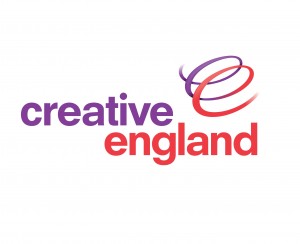


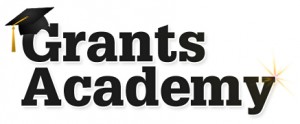

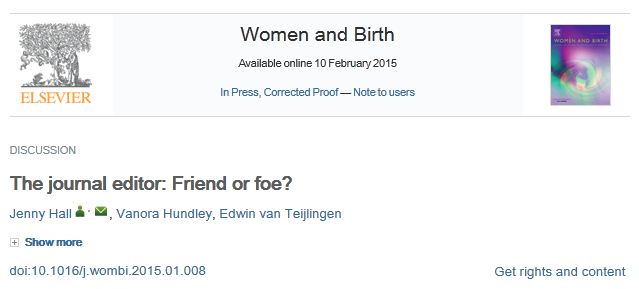




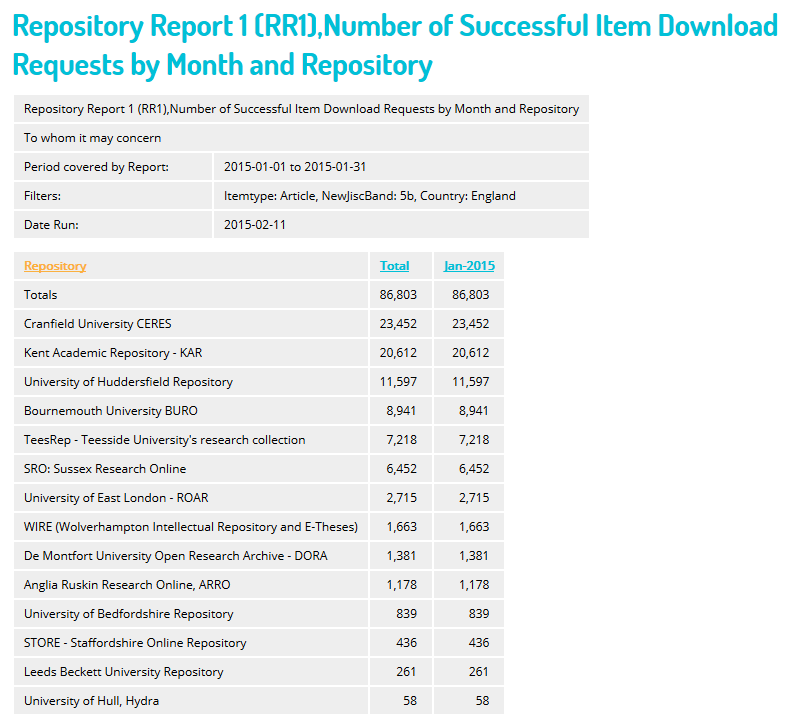
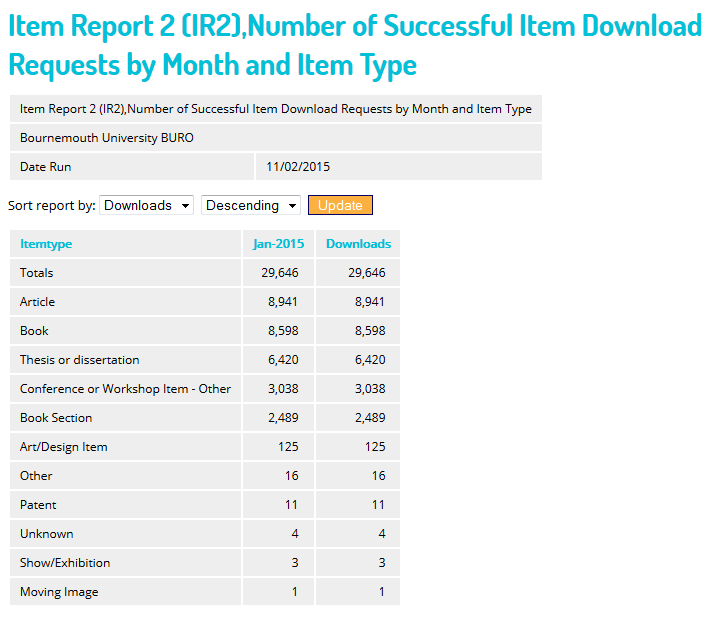
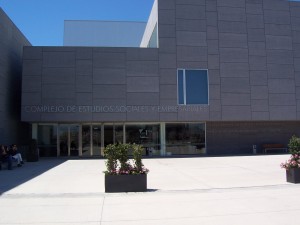















 Bournemouth University psychologists publish new book
Bournemouth University psychologists publish new book Connecting Research with Practice: FoodMAPP Secondment in Austria and France
Connecting Research with Practice: FoodMAPP Secondment in Austria and France Health promotion paper read 8,000 times
Health promotion paper read 8,000 times The Beautiful Work Challenge: On Birth
The Beautiful Work Challenge: On Birth Free event on Solutions to Inequalities in Dementia Diagnosis and Care
Free event on Solutions to Inequalities in Dementia Diagnosis and Care MSCA Postdoctoral Fellowships 2025 Call
MSCA Postdoctoral Fellowships 2025 Call ERC Advanced Grant 2025 Webinar
ERC Advanced Grant 2025 Webinar Horizon Europe Work Programme 2025 Published
Horizon Europe Work Programme 2025 Published Horizon Europe 2025 Work Programme pre-Published
Horizon Europe 2025 Work Programme pre-Published Update on UKRO services
Update on UKRO services European research project exploring use of ‘virtual twins’ to better manage metabolic associated fatty liver disease
European research project exploring use of ‘virtual twins’ to better manage metabolic associated fatty liver disease